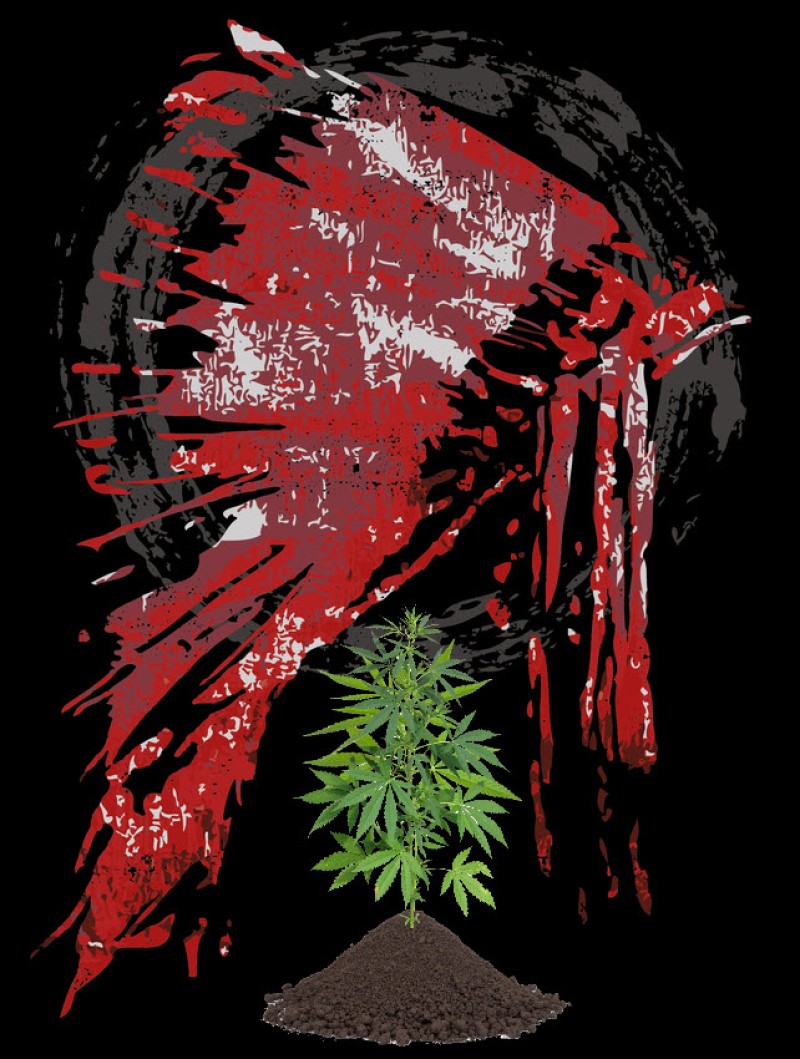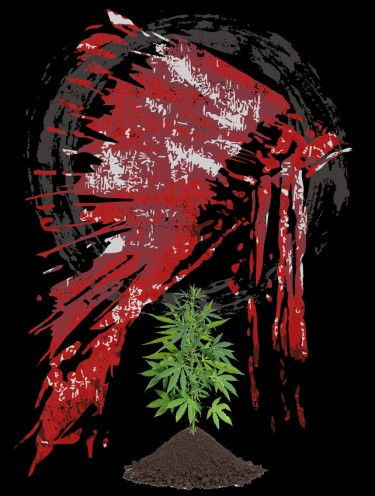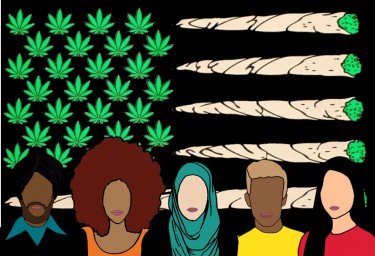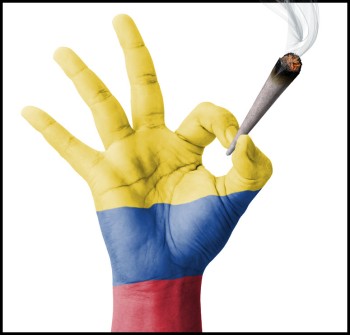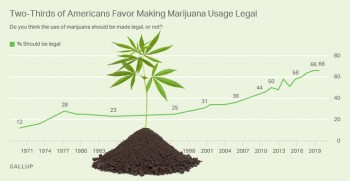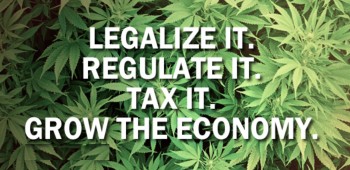Native nations and tribes within America have differing views on cannabis-related topics. Some have accepted the medical and recreational use of the drug, while many others object to being a part of the space. While some turn their backs to cannabis, a few of these tribes are working out partnerships with other brands to become part of the cannabis supply chain.
Each tribe has its reasons for joining and not joining.
Cannabis legalization, though widely accepted, is still opposed by some. Many of these are the indigenous nations scattered across the country. The views of these groups on the legalization and implementation of cannabis laws contrast with the views of the state hosting them. Out of the 574 native tribes in the U.S., just a few dozen have accepted and implemented the use of medical or recreational pot.
Conflicting Laws
With the way native tribes' laws are set up, they still have to refer to and contend with the regulations provided by state and federal regulators. Most of the time, the multi-layered state and federal laws clash with the tribal laws, and it builds up constant confusion. This is because these sovereign tribes are left to survive with their resources but still have to obey the laws of the state and country without getting any government support in return.
In simple terms, indigenous nations hold the short end of the stick on regulatory issues.
Many indigenous tribes have never had issues with cannabis plants, nor has it been considered illegal in their tribal laws. But due to the states' and federal stance declaring cannabis illegal many years ago, many of these tribes had to adapt.
To them, cannabis has always been a source of revenue to boost their economies and provide jobs. The majority of these tribes have provided balm to their ills with cannabis. The only thing is that these communities have had to market their products outside of the legal cannabis industry within the states. They trade on indigenous lands that are not in any way close to the state businesses. Some have worked their way around the status quo, and are actively soliciting opportunities for their communities.
Indian Native Tribes' Differing Points of View
Like every other community, the Indian tribes have varying views about cannabis. According to Shannae Bullock, Managing Director of Little Beach Harvest in the New York Area and Shinnecock Nation's dispensary (which is yet to be opened), tribal views and uses of cannabis plants vary.
Shannae added that her tribe has a long history with cannabis plants. Their history includes using the plant to produce medicine and ropes. The tribe's soon-to-be-opened dispensary could become one of the destinations for premium cannabis in the Southampton area of the New York region.
All the cannabis ventures within the Shinnecock tribe are fully owned by the tribe. They operate solely on their land and partner with TILT Holdings Inc., a cannabis tech and infrastructure company. Over the years, the prohibition laws and subsequent decriminalization laws on marijuana have caused confusion and disagreements within some communities.
Shannae said that due to the forced colonization of the cannabis plants and accompanying laws that weren't in tune with some tribes' culture, it is expected that the views of each tribe about the plant differ from the other. Each has its understanding of the plant.
Sovereign Nations, but not Sovereign Laws
Indigenous communities are bound to abide by federal and state U.S. laws despite their status as independent communities. It is not unusual for these tribes to find themselves in controversial situations with the local, state, and even federal authorities.
Complex policies, like gaming and cannabis, are usually the main source of controversies between the tribes and the government. Oregon, Washington, and Nevada have a standing agreement with the indigenous nations within their borders on critical compacts containing varying rules on cannabis issues. Tribes outside these regions are still contemplating whether or not to launch due to the varying state and national legislation on cannabis policies.
Bullock went on to add that tribes with good relationships with the state government have an edge over others. She explained that a good relationship helps in working around the established laws in colonized states.
In California, tribes are unable to participate in the legal market, despite falling under the jurisdiction of state laws. A previous chairwoman of the Uta Uta Gwaitu Paiute Tribe in the Benton, California area, Tina Braithwaite, expressed her displeasure with the current state of things. According to her, the California state views the tribes as mere businesses rather than individual governments.
Experts have said that the only way to work around this situation would be for these nations to approve laws that are similar to those of the legal state cannabis industry around them.
On the other hand, tribes in Washington are allowed to partner with state authorities without being under their control. These tribes have no worries about being overridden on their land by the state government, nor do they need to be regulated by the state before they can be allowed to participate in the state's legalized cannabis marketplace.
Solving the Dilemma Between the States and the Tribes
One of the first steps that will be needed to close this huge gap between the lawmakers and the tribes will be to educate the US lawmakers on the laws of each indigenous nation.
Rita Montoya, a member of the Opata tribe and a Baltimore-based attorney, claims that it is wrong for tribal leaders and heads to meet and discourse with staff aids rather than the lawmakers themselves. Most of the time, messages are either mixed or dropped along the way. The state could try hiring more experts on indigenous issues to address the inclusion gaps.
Conclusion
The legalized cannabis industry needs a level of cultural competency to ensure all groups are included. To close the cultural and educational gaps in the industry, it would be best if the state hired experts.
Indigenous nations should not be held back on cannabis issues on their lands. To gain their footing, they should be given due recognition, as well as access to important resources.
SOCIAL EQUITY AND ECONOMIC EMPOWERMENT NEWS, READ MORE..
SOCIAL EQUITY AND ECONOMIC EMPOWERMENT DELIVERY LICENSES!
